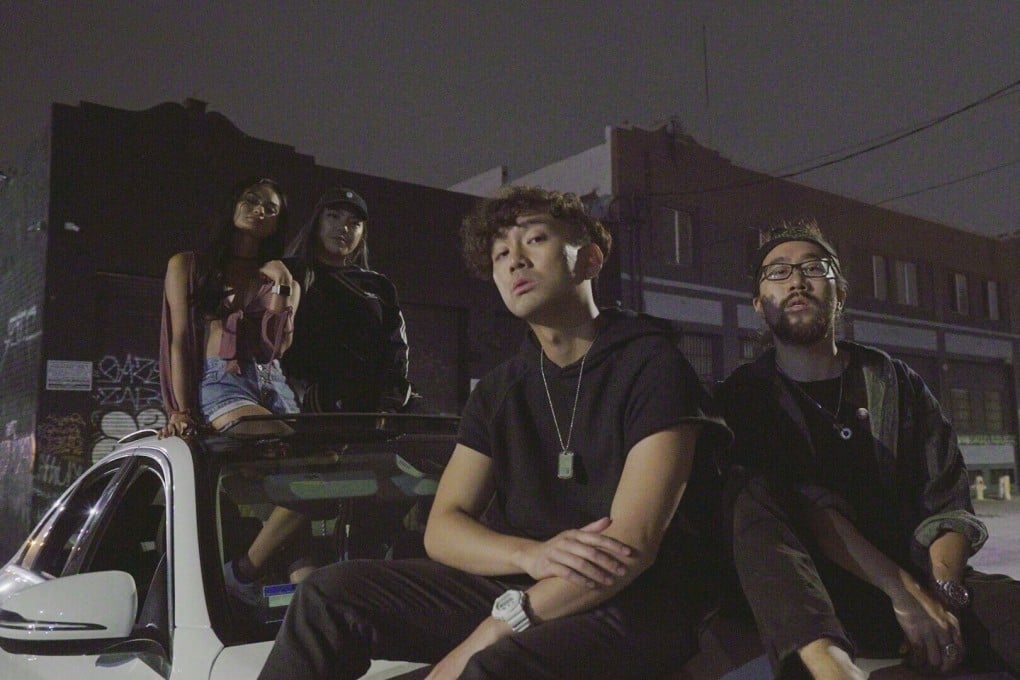Asian hate crime: Asian-American rappers, actors and more join forces to fight back with album Face Value
- The 15-track album helmed by rappers Jason Chu and Alan Z also features Ruby Ibarra, Ronny Chieng, Dante Basco, Bee Vang, Zeda Zhang and others
- It tackles issues including the ‘model minority’ myth, the normalisation of anti-Asian racism and America’s discriminatory anti-Asian legal history

A new album exploring the Asian-American experience might seem more relevant than ever in today’s heightened anti-Asian climate. But for rappers Jason Chu and Alan Z, who worked on the project, it’s a reminder of a struggle that’s been going on for decades.
“Our pain and power are grounded in more than 170 years of oppression and solidarity,” says Chu via Zoom from his base in Los Angeles, referring to the period since Asians started coming en masse to America to work. “Recent tragedies have been reminders that ‘Asian America’ was born from struggle and unity.”
Spearheaded by the two rappers, Face Value is a 15-track collaboration of artistes of Asian descent, including Malaysian actor Ronny Chieng, Filipino-American actor Dante Basco, Filipino-American rapper Ruby Ibarra, and professional wrestler and former MMA fighter Zeda Zhang. The album was released as part of Asian-American and Pacific Islander (APA) Heritage Month, held every year in May, when the achievements of Asians and Pacific Islanders in the US are celebrated.
The first track, Asian American History, looks at the trauma and triumphs of Asian-American communities over the past 170 years, while Model Minority dismantles the harmful myth that says all Asian-Americans are successful.
“This ‘model minority’ image is a myth that does nothing but harm, because it sweeps our issues under the rug,” says Alan Z via Zoom from Atlanta. “It paints us as a faceless monolith and causes people to gaslight us, under the false impression that we ‘have it too good’, which we don’t.”